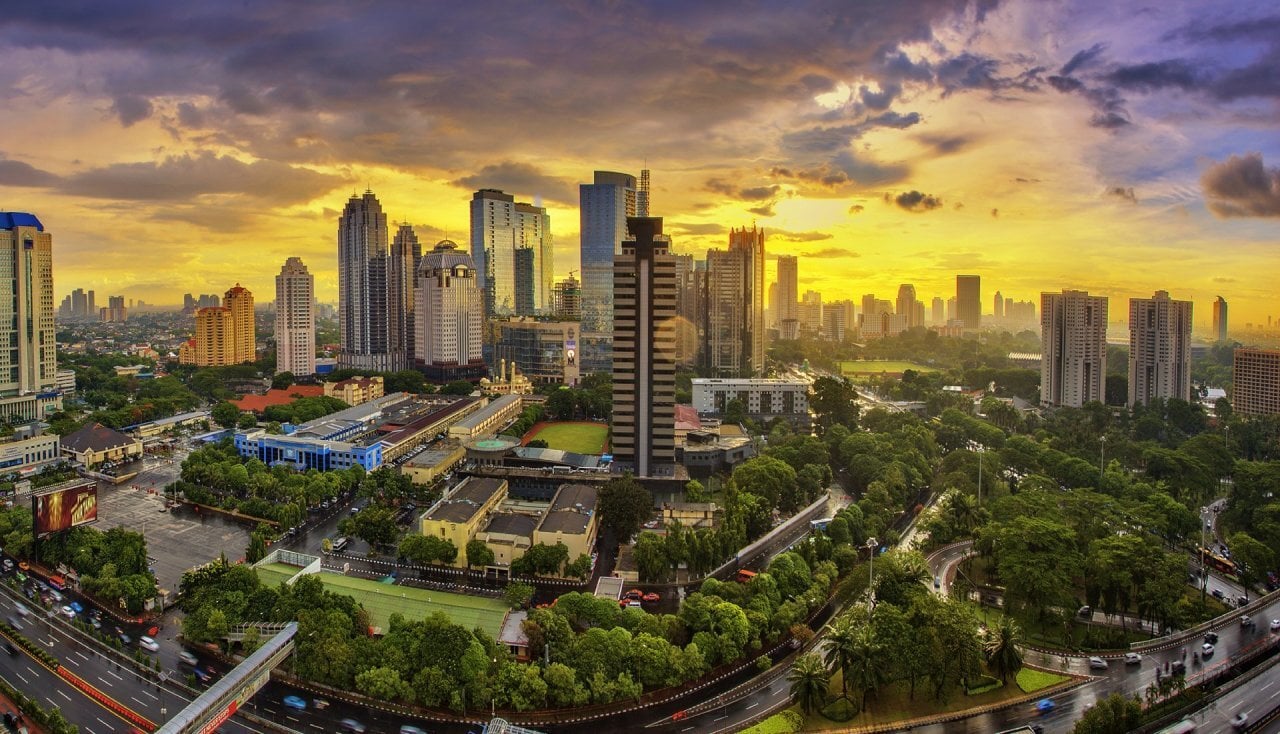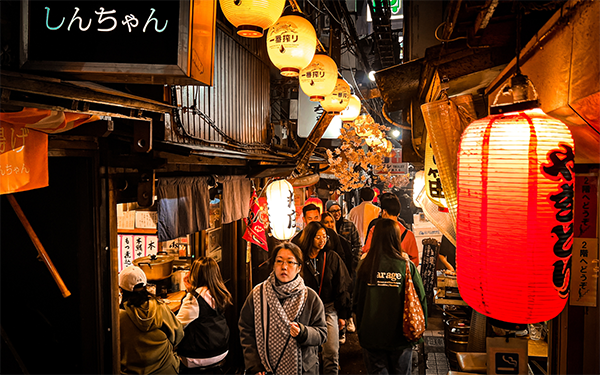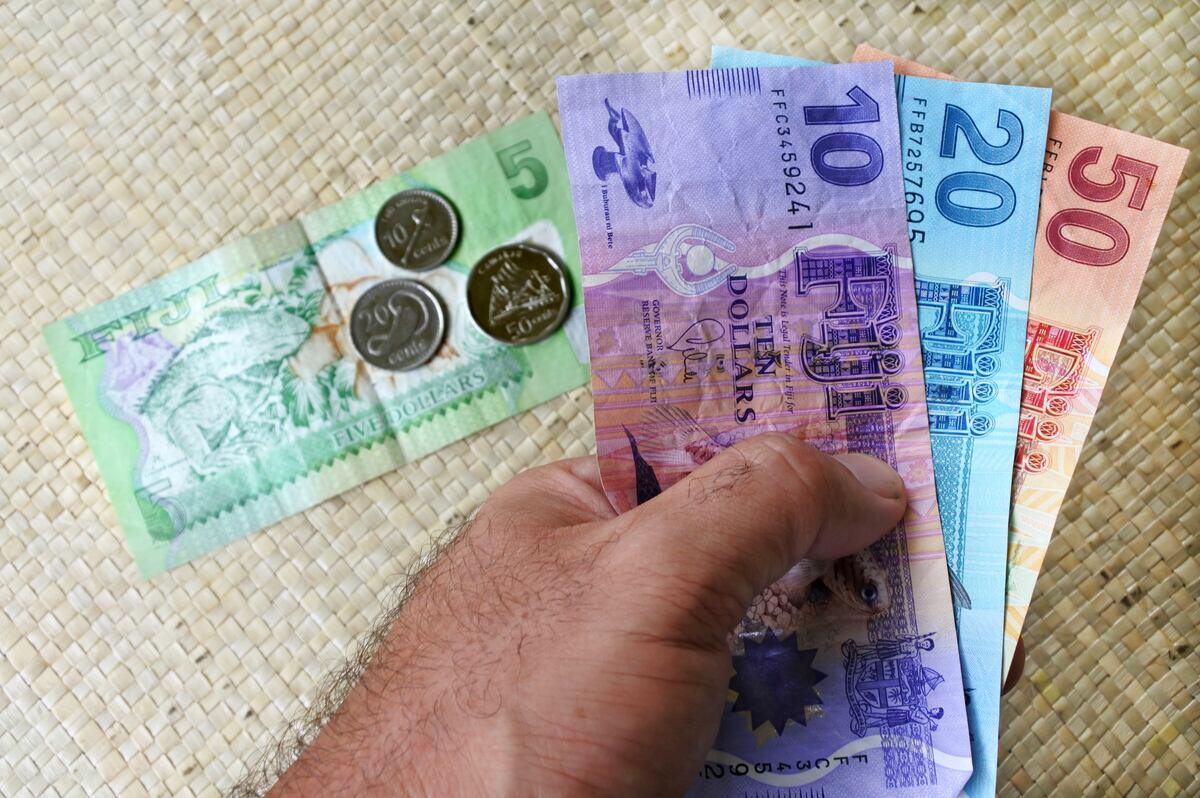💰💰 Exchange Today For Your Chance To Win Up To $50,000! Learn More
Asia
Europe
Middle East
North America
Oceania
Asia
Europe
Middle East
North America
Oceania
Asia
Europe
Middle East
North America
Oceania
Asia
Europe
Middle East
North America
Oceania
Asia
Europe
Middle East
North America
Oceania
Do I Need a Visa to Visit Japan from Australia?
Got Japan on your travel bucket list? We know that Japan, with its unique culture and stunning landscapes, is a top destination for many Australian travellers. But before you pack your bags and head to the Land of the Rising Sun, there's one key question you might be asking: "Do I need a visa to visit Japan from Australia?".
In this blog, Crown Currency Exchange will shed light on the visa requirements for Australians travelling to Japan, ensuring you're fully prepared for your next adventure. Let's dive in!
Quick Answer
The good news? If you're an Aussie passport holder heading to Japan for a vacation, a business trip, or just passing through (transit), NO VISA IS REQUIRED FOR STAYS LESS THAN 90 DAYS!
Yes, you read that right. You can go ahead and dive into all things Japan has to offer without a visa hitch, provided your stay is within this timeframe. So, whether it's a sushi marathon in Tokyo, securing deals in Osaka, or a quick stopover at Narita Airport, your Australian passport has got you covered. Simple as that!
The No-Visa Visit: What You Need to Know
Before you start your journey to Japan, it's crucial to understand the terms of your visa-free stay. As an Australian citizen, you are allowed to stay in Japan for up to 90 days without a visa. Here's what you need to know:
Before Departure
For a seamless entry into Japan, do yourself a favour and register your details on the Visit Japan Web. You'll get QR codes, which will make your Immigration and Customs process easier.
If you choose not to use the Visit Japan Web - no worries, you can still register your information or give the needed documents when you arrive at the airport.
Just a heads up, though - this might make your processing time longer. So, to sidestep any hold-ups, we highly recommend pre-registering your information on Visit Japan Web before you travel.
Vaccination Certificate
Here's some good news for you. There is no need to stress about showing a valid vaccination certificate or a COVID-19 negative test certificate. This was implemented last April 29th, 2023.
Duration of Stay
Make sure that your stay doesn't exceed 90 days within a six-month period. If you overstay, even unintentionally, it can lead to serious consequences, including potential bans from entering Japan in the future.
Purpose of Visit
The visa exemption applies to tourism, business conferences, visiting friends or relatives, etc. However, you can't take up employment (including unpaid work) or perform any activities that are not covered in the visa-free agreement.
Upon Arrival
Upon arrival in Japan, you'll be asked to provide your return or onward travel ticket. Make sure you have this on hand to ensure a smooth entry process.
Important Documents to Carry
While you don't need a visa, there are still some important documents to carry with you to ensure a smooth trip.
1. Passport
It's generally a good idea to make sure your passport is valid for at least the next 6 months when you enter Japan. Also, don't forget to leave two blank visa pages. That's the standard protocol for most countries, and it saves you from any unnecessary hassle.
2. Proof of Onward/Return Airline Tickets
Proof of return or onward travel is often required as part of your travel documentation. This is simply a reassurance that you intend to leave Japan within the stipulated 90-day visa-free period.
3. Proof of Funds
While it's not always asked for, it's a good idea to carry proof that you have sufficient funds to support yourself during your stay. This could be in the form of bank statements, credit card statements, etc.
4. Proof of Purpose of Trip
As mentioned, the visa-free stay is intended for tourism or business purposes. If asked, you may need to provide documents such as hotel reservations, itinerary, or a letter of invitation from a business associate in Japan.
5. Documents Required for the Next Destination
For those transiting Japan, you might need to pack some extra paperwork. This could include a visa for your final destination. It's smart to touch base with the embassy or consulate of each country you'll be visiting just to ensure you've got all your necessary documents.
6. Travel Insurance
Just a friendly suggestion from us at Crown Currency Exchange. While travel insurance is not mandatory, we really can't stress enough how important it is to consider getting private medical insurance with solid coverage.
Especially these days, it's a good idea to make sure it includes coverage for any COVID-19-related medical expenses. Trust us, it’s worth that extra peace of mind while you're out exploring the beauty of Japan.
For Longer Stays: Applying for a Visa
If your trip to Japan exceeds 90 days, you'll need to apply for a specific visa, such as a working visa. For more information on how to apply for a Japanese visa from Australia, we highly recommend checking out the visa information page, depending on where you are currently residing.
- For Long-Term Residents in Canberra: Your application must be submitted to the Japanese Embassy in Canberra.
- For Long-Term Residents in New South Wales and Northern Territory: Your application must be submitted to the Japanese Consulate General in Sydney.
- For Long-Term Residents in Perth: You must apply to the Japanese Consulate General in Perth.
- For Long-Term Residents in Queensland Near and Within Brisbane: Your application must be submitted to the Japanese Consulate in Brisbane.
- For Long-Term Residents in Queensland Near and Within Cairns: If you live in North Mackay, your application must be submitted to the Japanese Consular Office in Cairns.
- For Long-Term Residents in Victoria, South Australia, and Tasmania: You must apply to the Japanese Consulate General in Melbourne.
Get Your Japanese Yen Today!
Now that you have all the necessary information and documents, it's time to make sure you have some Japanese yen with you.
At Crown Currency Exchange, we offer competitive exchange rates for AUD to JPY with no hidden fees and commissions. You can conveniently visit one of our branches in Australia before your trip. We'll be happy to help you get your hands on some yen and ensure a stress-free start to your Japanese adventure.
We hope you have a wonderful and safe trip! Happy Travels!





